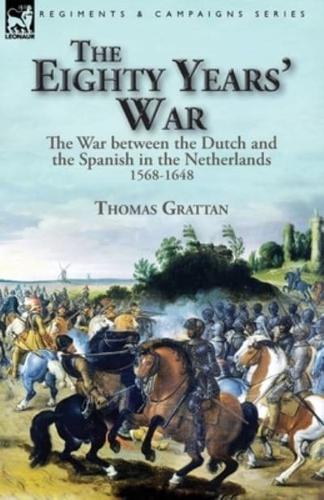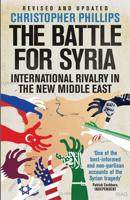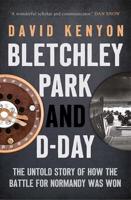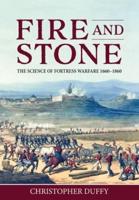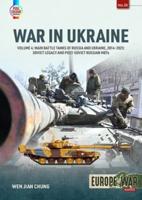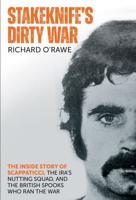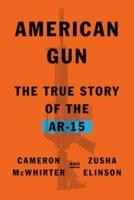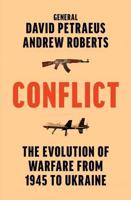Publisher's Synopsis
The great war in Europe of the 16th and 17th centuries
King Philip II of Spain became the monarch of the Hapsburg Netherlands, which included territory in modern day Holland, Belgium and Luxembourg, by the decree of Charles V, the Holy Roman Emperor. While the legitimacy of this act may have been indisputable according to the principles of 'absolutist divine right' the relationship between the new monarch and his subjects soon descended into acrimony because Spain was far from the Netherlands and France lay between the two nations making effective rule problematic. Furthermore, the Dutch had accepted the Protestant Reformation which eschewed papal authority whilst Spain remained staunchly Catholic. The oppressed northerners yearned for independence from everything they believed alien and before long the seventeen provinces rose in rebellion. There followed a long period of conflict which spanned the reigns of successive Spanish monarchs, drew in France, Scotland, the England of Elizabeth I and involved religious divisions which, as usual, justified the brutal excesses of sectarianism. The war brought forth soldiers of fortune of great talent and the redoubtable Spanish infantry tercios to the fields of conflict. Finally the Dutch prevailed, won their freedom and established a republic which heralded the 'Dutch Golden Age'. This intriguing history, which has been taken from Grattan's broader work on the history of the Netherlands by the Leonaur Editors, specifically describes the painful birth of what became a modern European nation.
Leonaur editions are newly typeset and are not facsimiles; each title is available in softcover and hardback with dustjacket.


